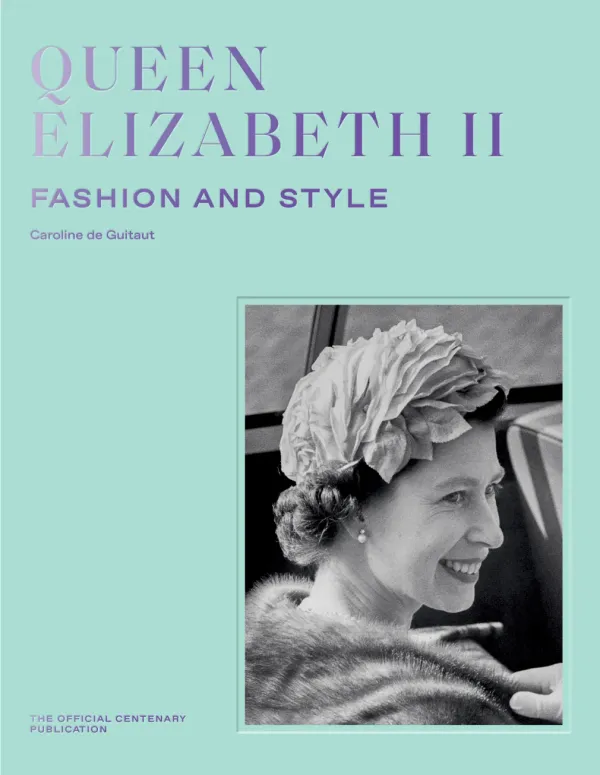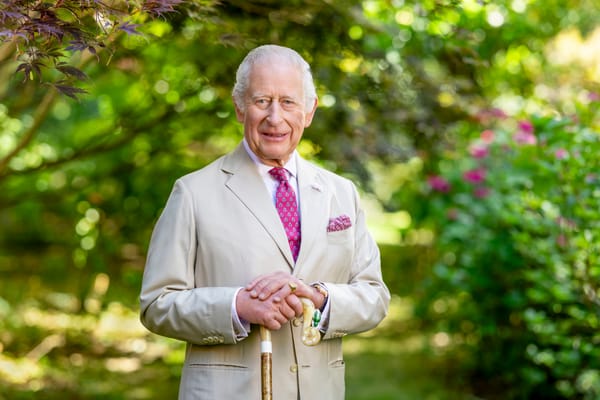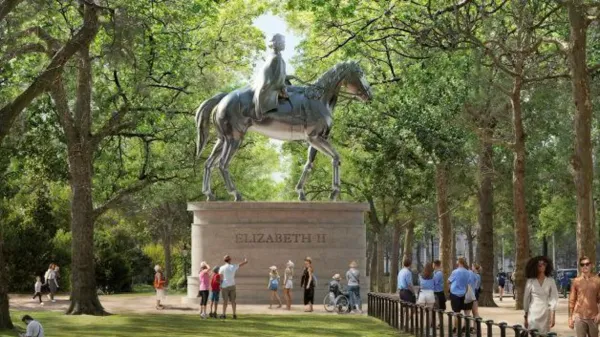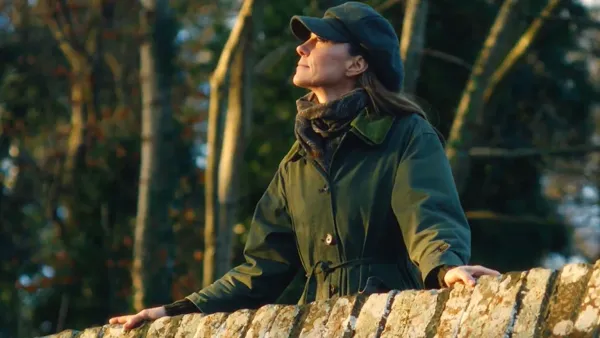End of an Era: Britain's Royal Train Heads for Final Journey After 158 Years
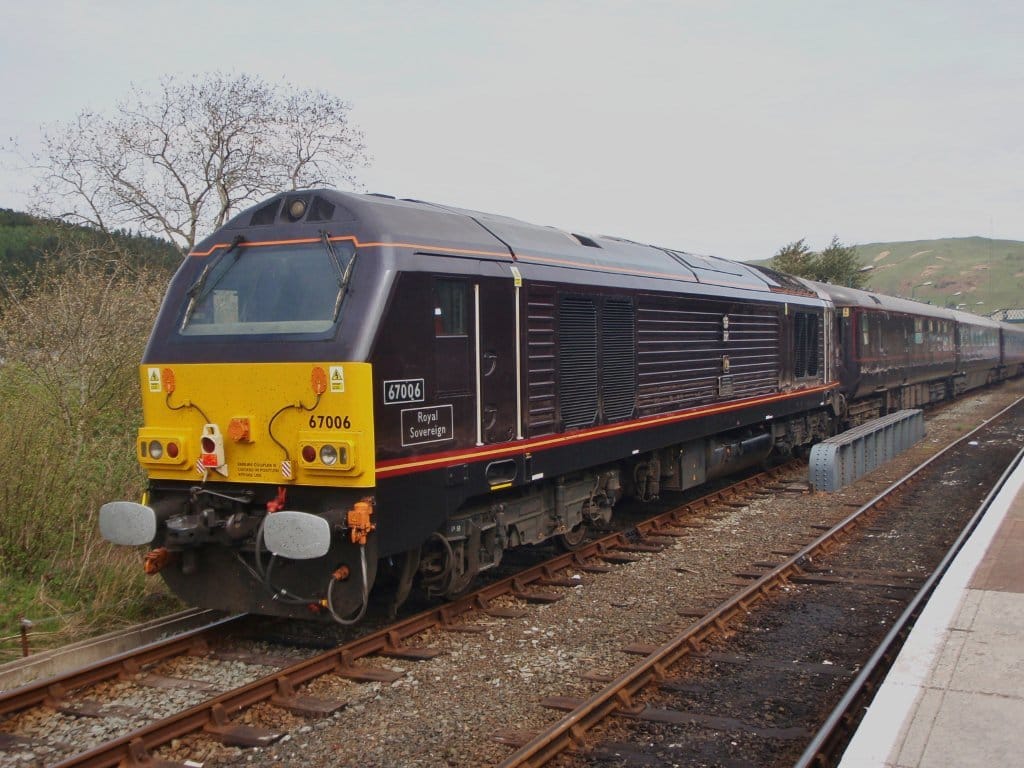
Palace announces historic rail service will be mothballed by 2027 as monarchy embraces modern travel
The whistle is about to blow on one of Britain's most enduring royal traditions. After nearly a century and a half of carrying monarchs across the realm, the Royal Train will make its final official journey by 2027, Buckingham Palace announced as part of sweeping cost-cutting measures.
The decision marks the end of a railway legacy that began when Queen Victoria first commissioned her own carriages in 1869, creating what would become an iconic symbol of royal mobility. The ornate nine-carriage train, with its distinctive royal livery and luxurious interiors last updated in the mid-1980s, has ferried generations of royals from state occasions to private visits across Britain.
The announcement coincided with the release of annual royal finances (we’ll have more articles on this in the coming days), which revealed eye-watering travel costs that have intensified scrutiny of royal spending. A single two-day royal train journey in February—traveling from Gloucestershire through Staffordshire to London—carried a price tag exceeding £44,000, raising questions about the service's viability in an era of fiscal responsibility.
The mathematics are stark: with only two official uses recorded in the 2024-25 accounts, the train's operational costs appear increasingly difficult to justify. Meanwhile, the Royal Family logged 141 helicopter flights at £475,000 and 55 private charter flights costing nearly £600,000, suggesting alternative transport methods have already largely replaced the historic rail service.
James Chalmers, the Keeper of the Privy Purse who oversees royal finances, struck a nostalgic tone while defending the pragmatic decision. "The royal train, of course, has been part of national life for many decades, loved and cared for by all those involved," he acknowledged, describing the upcoming decommissioning as "the fondest of farewells."
But sentiment won't override economics. "In moving forwards we must not be bound by the past," Chalmers declared, embodying the palace's new emphasis on "delivering value for money."
The train won't simply disappear into storage. Plans call for a farewell tour around the UK before the service ends, with the possibility of the carriages finding new life as a public museum display—allowing ordinary Britons to experience the royal luxury their taxes helped maintain.
The train's retirement comes as overall royal funding reaches unprecedented levels. The Sovereign Grant will jump from £86.3 million to £132.1 million for 2025-26, driven primarily by the massive £369 million Buckingham Palace renovation project. When adjusted for inflation, this represents roughly triple the funding level from when the current system launched in 2012.
The Royal Family isn't abandoning rail travel entirely—they'll simply join regular passengers on commercial services. This shift reflects broader changes in royal operations, from King Charles's Australia and Samoa tour (the year's most expensive single trip at £400,000) to increased use of scheduled flights and helicopters for official duties.
The Duchy of Cornwall, Prince William's estate, is also embracing change with a "modern, socially minded" approach that includes rent waivers for charities and community groups. This pivot toward social enterprise reflects the younger generation's different priorities, emphasizing homelessness reduction and climate action over traditional royal protocols.
As Britain's Royal Train prepares for its last official journeys, it carries with it the weight of history—from Queen Victoria's pioneering royal coaches to Elizabeth II's jubilee celebrations. Its retirement signals more than cost-cutting; it represents a monarchy adapting to contemporary expectations while preserving its essential functions.
The train that once symbolized royal grandeur will soon become a museum piece, its final legacy perhaps being the transparency it helped create around royal spending. In an age where every pound is scrutinized, even centuries-old traditions must prove their worth—or find their way to the depot of history.

